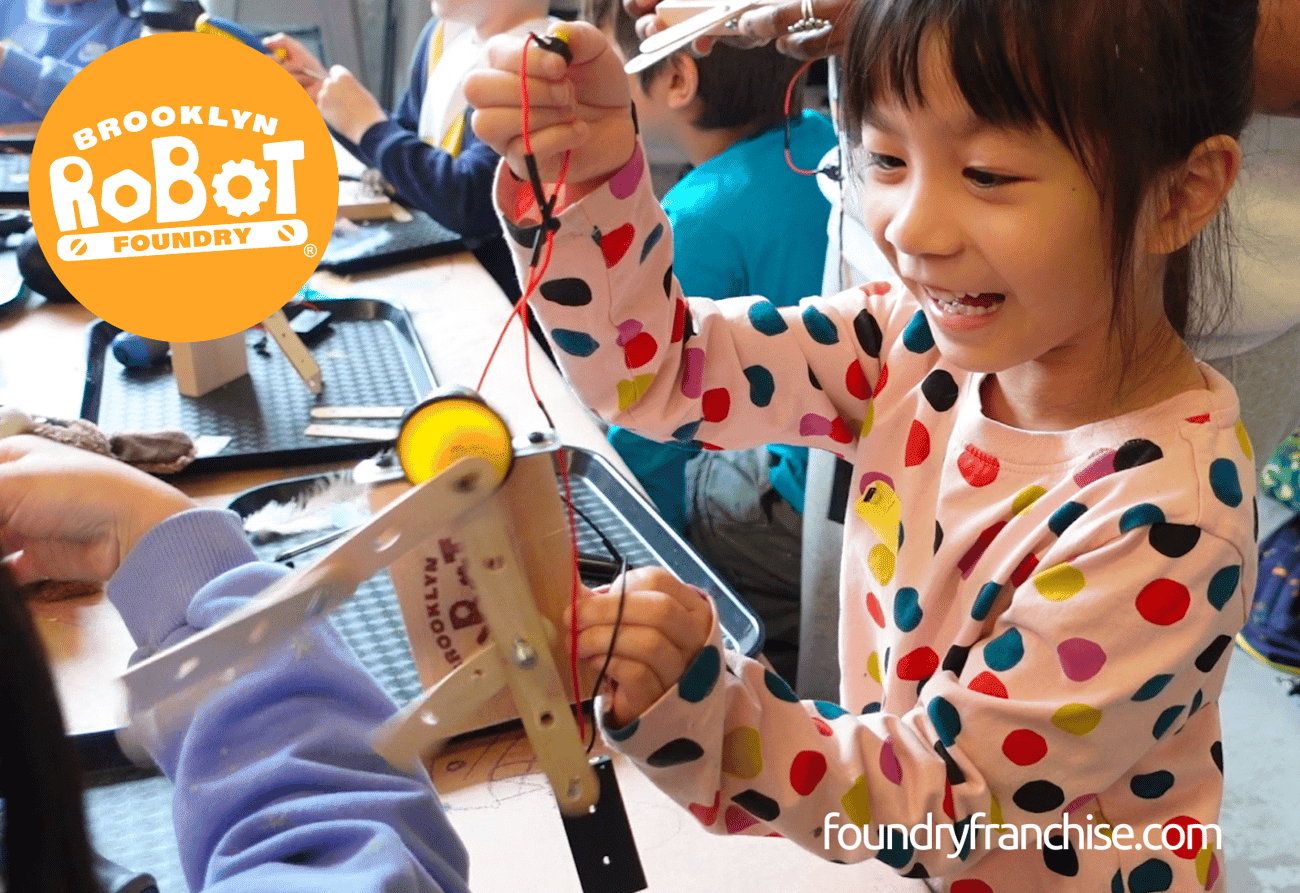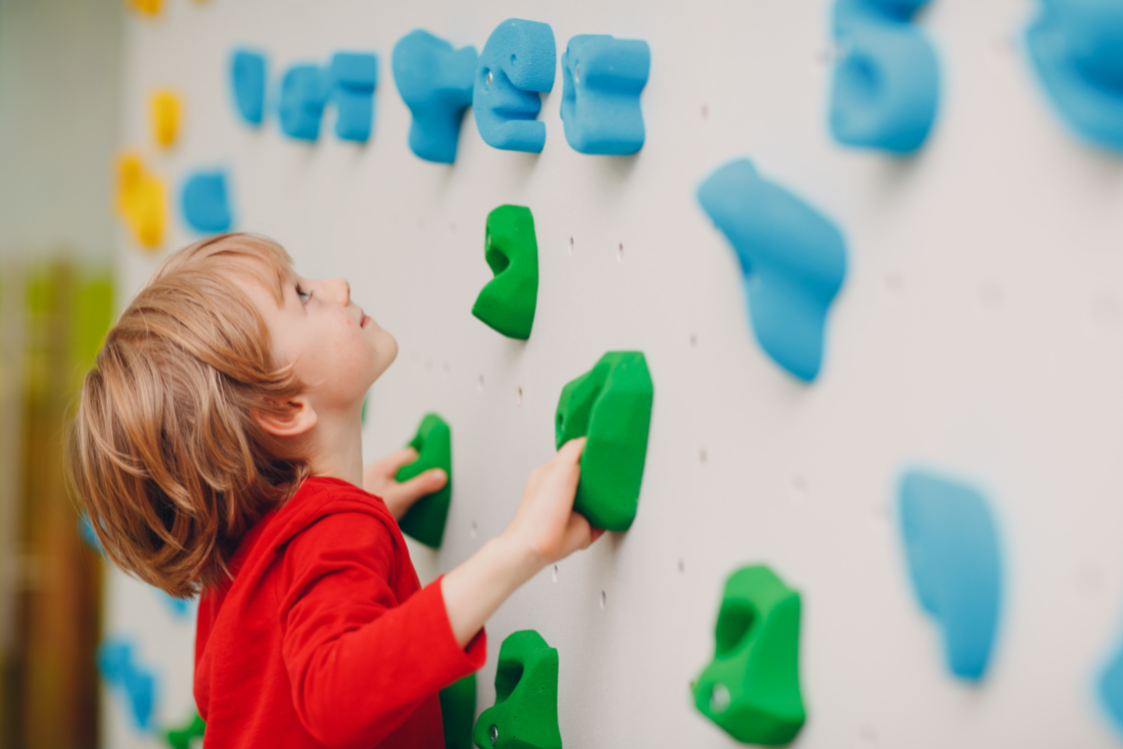After many festivities this past week, it’s time to tune into another personal growth focus area - Mind Mastery.
Last month, we shared tips for creating social harmony. Now, we’re building on that strong foundation by equipping children with the skills to effectively manage their thoughts, emotions, and behaviors.
Robin Sharma, in his book The Monk Who Sold His Ferrari, beautifully describes this concept by comparing our minds to gardens—if we cultivate them with positive thoughts, they will blossom; if we neglect them, weeds will take over. This is a powerful reminder of the importance to plant seeds of positivity and mindfulness in kids daily.
In the weeks ahead, we'll introduce you to simple yet powerful tools. It might sound like we're diving into the deep end, but don't worry—even if you're new to this, these tricks aren't just for your kids. They might even turn you into a mind mastery ninja!

When we're constantly on screens or switching between apps, our brains can struggle to concentrate. Experts call this "continuous partial attention"—our minds are always scanning for something new, which can make it harder to stay focused.
But why does this matter? Well, it's crucial for kids to make good choices and develop a positive mindset. When their minds are constantly shifting gears, they might struggle to understand their thoughts and feelings clearly. That's why learning to be mindful and aware of their thoughts is so important. It helps them stay calm under pressure, make thoughtful decisions, and build resilience.
For growing minds, this skill is especially valuable as it supports their learning and emotional development. Let's circle back to the garden concept earlier. Imagine yourself as a wise gardener, responsible for nurturing your thoughts, feelings, and reactions.
Here are three areas of responsibility to help grow mind mastery in your kids:
Thought Gardening: As you nurture your children's minds, think of it as tending a garden of thoughts. You're guiding them to cultivate positive thinking, gently removing negativity to make room for uplifting thoughts to thrive.
Emotion Cultivation: Cultivating emotions in your children is like providing the right conditions for a garden to flourish. You're helping them understand and express feelings in healthy ways, teaching them to recognize different emotions and manage them with kindness and empathy.
Behavioral Harvesting: Finally, you're guiding the fruits of their mental labor—their actions and behaviors. You're supporting your children in making wise choices and acting with integrity. Encouraging behaviors that align with their values and goals helps them blossom into confident and compassionate individuals.
By nurturing these three areas—thoughts, emotions, and behaviors—you become the mentor guiding your child to grow their mindfulness and resilience.

Teach Kids Robotics And Be Your Own Boss!

Brooklyn Robot Foundry has been teaching kids robotics since 2011, and they're looking for passionate parents to spread their mission across the country!
Each mobile franchise brings super fun STEAM programs to schools, community centers, camps, and more!
Franchise owners get to empower kids and create generational wealth.
Explore this exciting opportunity today!
*This is sponsored partner content.


Creating Spaces for Mindfulness
As a parent, I've found that one of the most effective ways to practice self-discovery and inner strength is by integrating mindfulness into our daily lives.
In our home, we've made it a routine to have a quiet moment of reflection before meals, and we often deep breathe together during stressful times.
These simple practices have become our foundation for cultivating self-awareness and emotional regulation.
Fostering Emotional Vocabulary
Encourage your children to express their feelings openly and provide them with a diverse emotional vocabulary, enabling them to articulate their experiences more accurately.
This clarity in expression is the first step towards understanding and mastering their emotions, and I've seen firsthand how it fosters a deeper connection between us.
Modeling Resilience
As a father, I strive to model resilience in the face of challenges.
Children learn from observing how we handle stress, setbacks, and failure.
Share stories of personal growth, including the ups and downs you've experienced, to demonstrate that obstacles are opportunities for learning and growth.
By being open about your own journey, you’ll instill in them the understanding that resilience is a key component of a fulfilling life.
Practicing Gratitude and Positivity
One of the most transformative practices we've embraced as a family is the cultivation of gratitude.
Each day, we take a moment to reflect on the things we're thankful for. This simple ritual not only fosters a positive mindset but also shifts our focus from challenges to blessings.
I've seen how this practice has nurtured a sense of gratitude and contentment in my children, which I believe is a cornerstone of mind mastery.
Nurturing Connections
In our home, we also emphasize the importance of relationships in emotional well-being.
I encourage my children to practice empathy, kindness, and understanding in their interactions with others.
Through these social connections, our kids learn the value of different perspectives and the strength found in support networks.
Encouraging Curiosity and Exploration
I've always believed in the power of curiosity and exploration in nurturing a child's mind.
I support my children's interests and passions, and together, we find joy in lifelong learning.
Providing your children with this kind of exploration is a crucial element of mind mastery. It builds confidence and fosters a growth mindset.
By encouraging their curiosity, you’ll see your kids become more resilient and self-assured individuals, right in front of your eyes.

We just wrapped up our first Camp SuperNova of 2024. Forty kids from around the WORLD came together and started learning the pillar stones of becoming a successful entrepreneur.
It's been exhilarating to witness the growth and transformation in these young minds during our first session. Tammy and Sylvia have shared with me how rewarding it's been to see campers learn entrepreneurial skills and discover their inner resilience and creativity.
This July, join us in guiding our children on the path to mind mastery--empowering them to lead lives marked by inner freedom, self-discovery, and a deep connection to the world around them.
Adam and Matthew The Biz Brothers











Member discussion